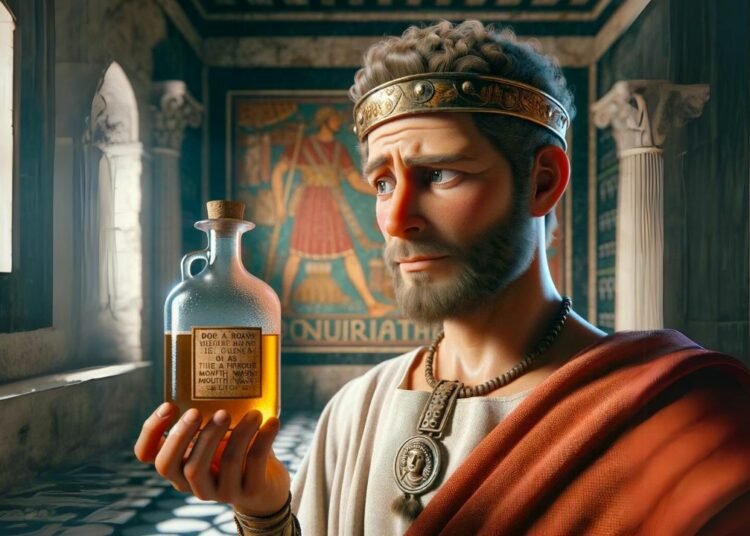Ancient Romans are often credited with many extraordinary achievements in engineering, art, culture, challenge-and yet this ancient people are also commonly associated with a somewhat peculiar hygiene practice — rinsing their mouth out with urine. Without a doubt, this incredible assertion has made significant waves, but now new information seems poised to turn the face of truth in regards to this one facet of Roman hygiene. Let’s take a moment to examine the myth and what currently is known about this intriguing piece of Roman hygiene.
Getting to the Bottom of Things
For a long time, historians have contested the popular belief that Romans used urine for oral hygiene. In fact, as Roman poet Catullus put it, it was below somebody’s dignity to be farting while someone uses his own urine for oral hygiene, hence confirming that using urine as mouthwash may not have been the mainstream practice for every Roman after all. In essence, it was regarded not to be a Romanian act whereby those who undertook the public ridiculed them. This means that the use of urine as an agent to clean teeth wasn’t common or even cultural among Romans as is depicted.
The Science behind Cleaning

Abilities of Urine While usage of urine for dental hygiene has been overemphasized, the value for which urine was considered in the olden times is that it is what contains ammonia. Ammonia coming out, during decomposition of urea to stale urine, is a cleaning element. In fact, these properties of urine made it a good constituent for use as a detergent and in other industrial applications that the Romans were exposed to. Due to this sharp characteristic of their interest, the Romans were able to utilize urine in diverse industries such as fullonicae (establishments for laundering) and leather tanning.
Economic and Social Context
Urine had not still lost its value in the Roman context. It was collected from the urinals, which were open and public toilets, and it found usage in various industries. Emperor Vespasian even levied a tax on the collection of urine as well, due to which there is even today a famous Latin phrase “Pecunia non olet” (Money does not stink). That underscores the economic value of urine in Roman society far beyond the misbegotten use in personal hygiene.
Modern Perspective and Health Concerns
From a modern perspective, the thought of gargling urine is not only unsavory but raises health concerns. Today we know that in this urine could be dangerous substances and bacterials. But this was the time back then and one has to understand and view these things in the context of their time. The Romans used their resources according to the knowledge they had at that time, even though there has been purported of the use of urine having been much more than the actual historical facts.
An excellent example of how the historical fact can get distorted easily over time is the story of Romans who used urine as mouthwash. Though urine was indeed a commodity of value in Ancient Rome for purposes of cleansing, it is likely that this did not go towards as many applications of oral hygiene to which it is commonly attributed. This exploration of Roman practices reminds us to critically analyze historical claims and appreciate the genius of our ancestors within proper context. However, as we continue to unfold the truth of the past, it is important that they should approach them with curiosity and discernment.










